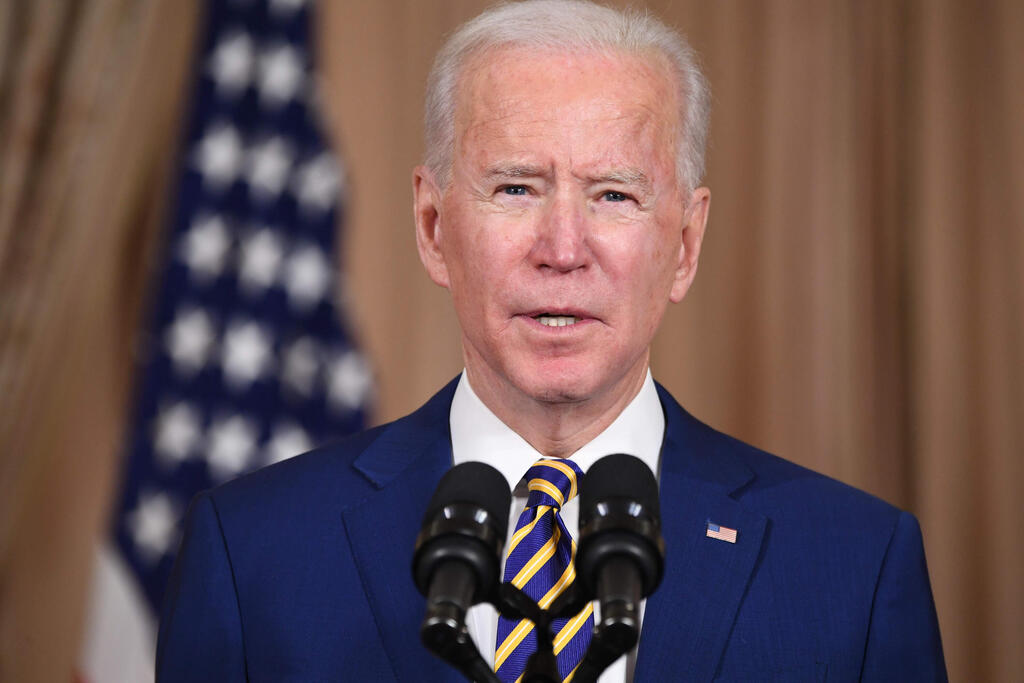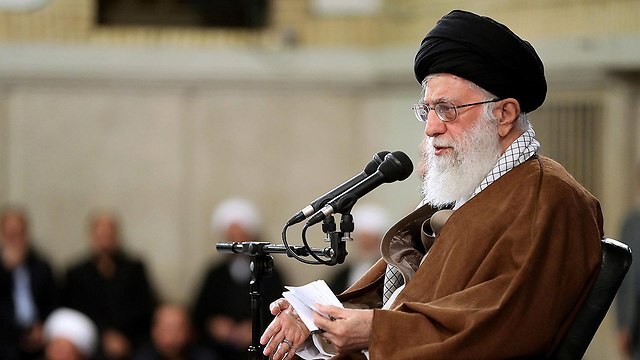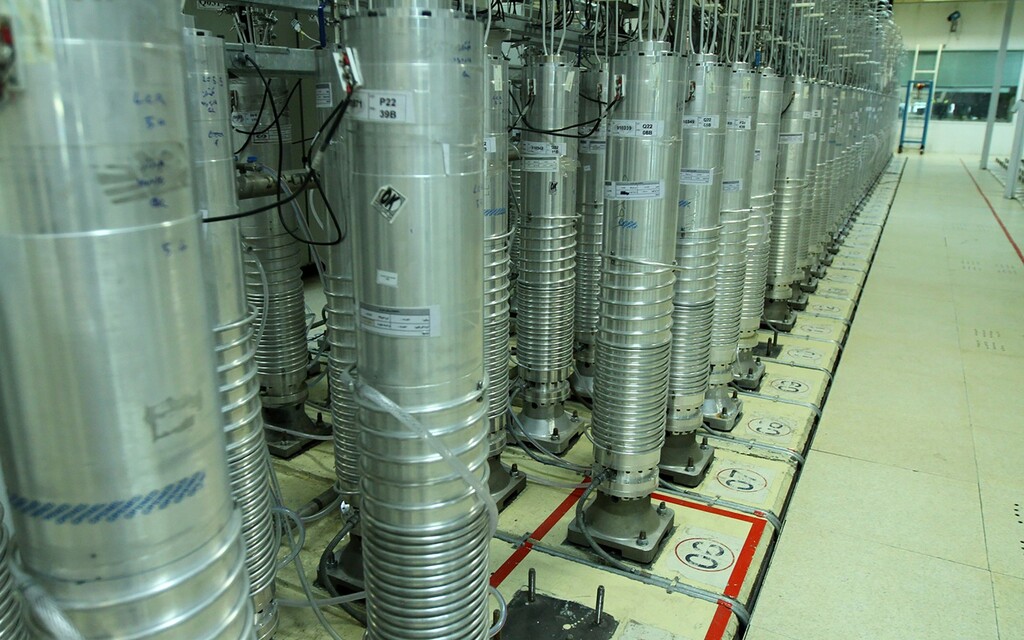Getting your Trinity Audio player ready...
U.S. President Joe Biden said the United States will not lift its economic sanctions on Iran in order to get Tehran back to the negotiating table to discuss how to revive the Iran nuclear deal, according to a video released by CBS News on Sunday.
Asked if the United States will lift sanctions first to get Iran back to the negotiating table, Biden replied: "no" in the interview, which was recorded on Friday. Asked if Iran had to stop enriching uranium first, Biden nodded. It was not clear exactly what he meant, as Iran is permitted to enrich uranium under the 2015 nuclear deal within certain limits.
Biden has said he will seek to revive the deal, but insisted that Iran must first reverse its nuclear steps, creating a contest of wills between the nations.
Earlier Sunday, Iran's supreme leader on Sunday urged the United States to lift all sanctions if it wants Iran to live up to commitments under its nuclear deal with world powers, state TV reported, his first comments on the matter since Biden took office.
(Video: CBS News)
"If [the U.S.] wants Iran to return to its commitments, it must lift all sanctions in practice, then we will do verification - then we will return to our commitments," state TV quoted Ayatollah Ali Khamenei as saying.
Iranian Foreign Minister Mohammad Javad Zarif said that Iran receiving compensation from the United States for the U.S. withdrawal from the 2015 Iranian nuclear deal was not a "pre-condition" for reviving the agreement.
Former President Donald Trump unilaterally withdrew the U.S. in 2018 from the atomic deal, which saw Iran agree to limit its enrichment of uranium in exchange for the lifting of economic sanctions.
"This is the definitive and irreversible policy of the Islamic Republic, and all of the country's officials are unanimous on this, and no one will deviate from it," Khamenei added Sunday, reiterating Iranian leaders' previous remarks that the U.S. must ease its sanctions before Iran comes back into compliance.
The supreme leader, 81, has the final say on all matters of state in Iran and approved the efforts at reaching the nuclear deal in 2015.
In response to Trump's so-called "maximum pressure" campaign against Iran, the country began to gradually violate its atomic commitments, and threatened further provocations in a bid to increase its leverage and get Biden to prioritize a return to the deal as he moves to dismantle Trump's legacy.
Biden has signed a series of executive actions that reverse course on a wide range of issues, including climate change and immigration.
Following last November's killing of an Iranian scientist credited with spearheading the country's disbanded military nuclear program, Iran's parliament approved a law to block international nuclear inspectors later this month - a serious violation of the accord.
Iran also has begun enriching uranium closer to weapons-grade levels and said it would experiment with uranium metals, a key component of a nuclear warhead.
The country has announced its moves and insisted that all breaches of the pact are easily reversible.
Tehran says its nuclear program is for peaceful purposes only.







